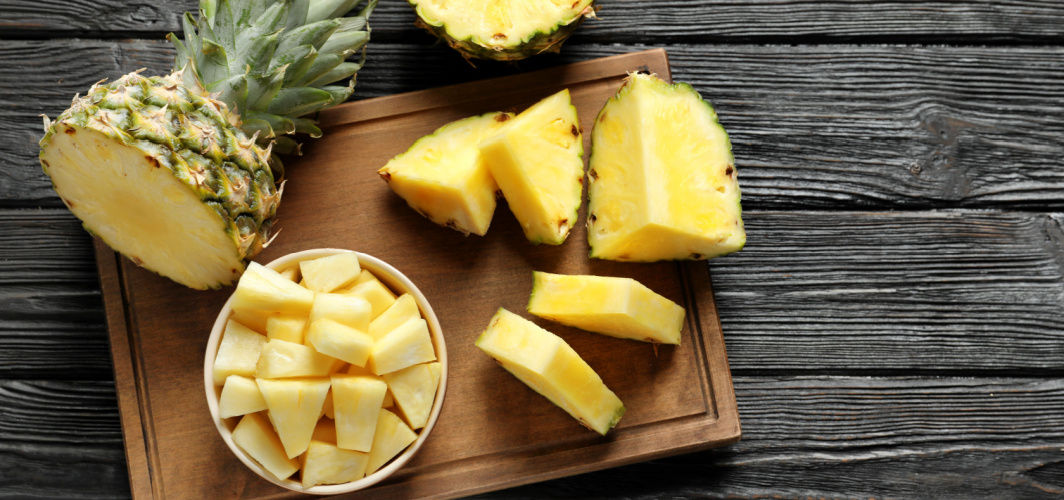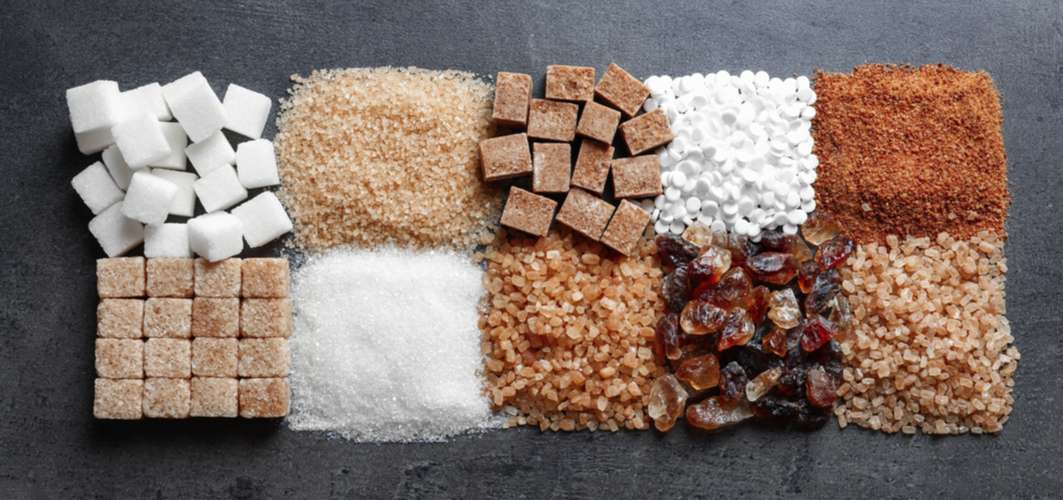Diabetes Management
Pineapples & Diabetes: Is it Safe for Diabetics?
2 min read
By Apollo 24|7, Published on - 11 October 2023
Share this article
0
0 like

Diabetes requires careful management of blood sugar levels through diet and lifestyle choices. When it comes to fruit choices, pineapple is a popular option, known for its refreshing sweetness and rich vitamin C content. However, if you have diabetes, you might wonder whether pineapple is a safe choice for your diet. In this blog, we'll explore the relationship between pineapple and diabetes to help you make informed dietary decisions.
What is the Nutritional Value of Pineapples?
Pineapple is a rich source of vitamins, particularly vitamin C, which supports the immune system and skin health. Additionally, pineapple contains essential minerals like manganese, which plays a role in bone health and metabolism. However, eating pineapples in the right portion is necessary if you have diabetes as they contain carbohydrates. One cup (165 grams) of pineapple chunks contains:
- Calories: 82.5 Kcal
- Water: 142g
- Fibre: 2.3g
- Carbohydrates: 21.6g
- Vitamin C: 79mg
- Manganese: 2.6 mg
How do Pineapples Impact Blood Sugar?
While most of the fruits have low glycemic index (GI) scores, pineapples fall under the medium GI category. As fresh pineapple has a GI of 51-66, eating it can cause a spike in insulin and blood sugar.
It is recommended to eat pineapple in moderation and pair it with protein or nuts, seeds or avocado to avoid its effects on blood sugar.
What Affects the GI of Pineapples?
The key to including pineapple in a diabetes-friendly diet is moderation. You don't have to eliminate pineapple from your meals altogether, but it's essential to watch your portion sizes and consider how you are consuming it. Grilled pineapples & raw pineapples would have lower GI than ripe pineapples.
Conclusion
Pineapples must be consumed in moderation and with consideration of its carbohydrate content. It offers valuable nutrients and can be enjoyed alongside other foods that support blood sugar control. By practising portion control and making informed food choices, individuals with diabetes can savour the sweetness of pineapple without compromising their health. Always consult with a healthcare provider or dietitian to create a tailored diabetes management plan that suits your unique requirements.
Diabetes Management
Leave Comment
Recommended for you

Diabetes Management
7 Essential Diet Recommendations for Managing Diabetes
Effective diabetes management revolves around essential dietary guidelines. Firstly, monitor carbohydrate intake, as it impacts blood sugar directly. Portion control prevents excess calorie and carb consumption. Aim for balanced meals with lean protein, healthy fats, and fibre-rich carbs. Prioritize dietary fibre found in fruits, veggies, whole grains, and legumes. Minimize added sugars, even hidden ones, and opt for nutrient-dense snacks. Moreover, opt for consistent meal timing, as it reduces hunger and maintains steady energy levels. Seek professional guidance to create a personalized strategy for your unique needs, promoting diabetes control and overall well-being.

Diabetes Management
Sugar Substitutes: Is It Safe for You?
While sugar substitutes are helpful to manage conditions like diabetes, the consumption of excessive amounts can still raise blood sugar and add calories to the body.

Diabetes Management
How to Check Sugar Levels After a Meal?
Monitoring post-meal sugar levels is important for effective diabetes management, which can be achieved through a glucometer. This includes steps like using a glucometer, checking your blood sugar levels 1-2 hours after your meal, maintaining your hand hygiene before testing, and preparing your lancet device properly. Moreover, tracking and interpreting results equip individuals to make informed decisions about diet, medication, and exercise. You should always get in touch with a diabetologist to ensure tailored guidance, fostering improved blood sugar control and overall health and well-being.
Subscribe
Sign up for our free Health Library Daily Newsletter
Get doctor-approved health tips, news, and more.
Visual Stories

8 Fruits That are Incredibly Healthy for Diabetes
Tap to continue exploring
Recommended for you

Diabetes Management
7 Essential Diet Recommendations for Managing Diabetes
Effective diabetes management revolves around essential dietary guidelines. Firstly, monitor carbohydrate intake, as it impacts blood sugar directly. Portion control prevents excess calorie and carb consumption. Aim for balanced meals with lean protein, healthy fats, and fibre-rich carbs. Prioritize dietary fibre found in fruits, veggies, whole grains, and legumes. Minimize added sugars, even hidden ones, and opt for nutrient-dense snacks. Moreover, opt for consistent meal timing, as it reduces hunger and maintains steady energy levels. Seek professional guidance to create a personalized strategy for your unique needs, promoting diabetes control and overall well-being.

Diabetes Management
Sugar Substitutes: Is It Safe for You?
While sugar substitutes are helpful to manage conditions like diabetes, the consumption of excessive amounts can still raise blood sugar and add calories to the body.

Diabetes Management
How to Check Sugar Levels After a Meal?
Monitoring post-meal sugar levels is important for effective diabetes management, which can be achieved through a glucometer. This includes steps like using a glucometer, checking your blood sugar levels 1-2 hours after your meal, maintaining your hand hygiene before testing, and preparing your lancet device properly. Moreover, tracking and interpreting results equip individuals to make informed decisions about diet, medication, and exercise. You should always get in touch with a diabetologist to ensure tailored guidance, fostering improved blood sugar control and overall health and well-being.